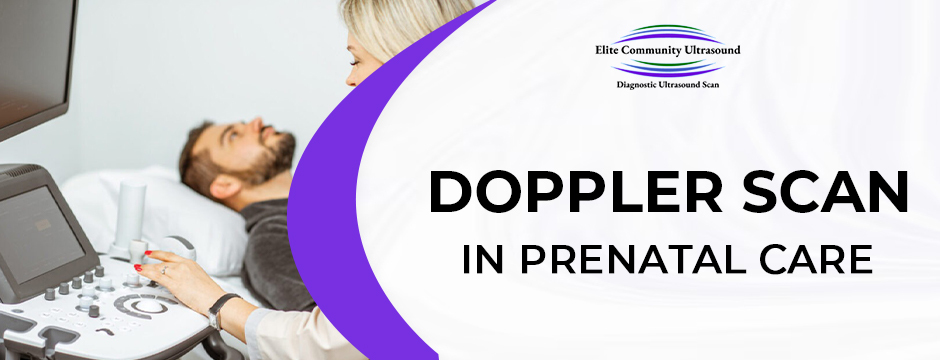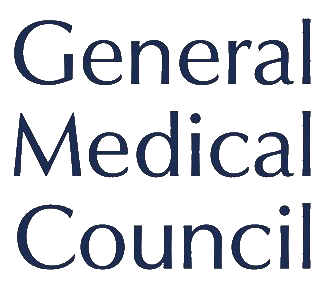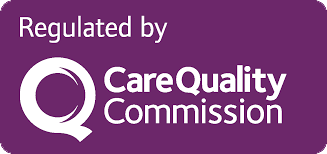01233221760
Book Now
Menu
- Health Scans
- Upper Abdominal Scan
- Pelvic Scan
- Abdominal Aorta Scan
- Prostate Scan
- Breast Scan
- Urinary Tract Scan
- Abdomen & Pelvic Scan
- Abdomen & Urinary Tract Scan
- Testes Scan
- Abdomen, Urinary Tract & Testes Scan
- Abdomen, Pelvis & Urinary Tract Scan
- Hernia Scan
- Lumps & Bumps
- Groin Scan
- Thyroid/Neck Scan
- Full Body Scan
- Fertility Scans
- Pregnancy Scans
- Early Pregnancy Scan (6 to 8weeks 6days)
- Dating Scan (9 to 14weeks 6days)
- Rapid Reassurance Scan (15 to 23weeks 06days)
- Rapid Gender Scan (15 to 23weeks 06days)
- Gender Scan (15 to 23weeks 06days)
- My Little One’s Gender Reveal Secret (15 to 23weeks 06days)
- Anomaly Scan (19 to 23weeks)
- Growth Scan (24 to 40weeks)
- Cervical Length Scan (16 to 37weeks)
- NIPT & Reassurance Scan (From 10weeks)
- Gender Test & Early Dating Scan (From 6weeks)
- Gender Detection Test (From 6weeks)
- NIPT (Non-Invasive Prenatal Testing) (From 10weeks)
- Optional Extras
- 4D/5D Baby Scans
- Muscles Joints Scans
- Vascular Scans
- Blood Test
close
Menu
- Home
- About Us
- Clinic Finder
- Contact Us
- Health Scans
- Fertility Scans
- Pregnancy Scans
- Pregnancy Scans
- Early Pregnancy Scan (6 to 8weeks 6days)
- Dating Scan (9 to 14weeks 6days)
- Rapid Reassurance Scan (15 to 23weeks 06days)
- Rapid Gender Scan (15 to 23weeks 06days)
- Gender Scan (15 to 23weeks 06days)
- My Little One’s Gender Reveal Secret (15 to 23weeks 06days)
- Anomaly Scan (19 to 23weeks)
- Growth Scan (24 to 40weeks)
- Cervical Length Scan (16 to 37weeks)
- NIPT & Reassurance Scan (From 10weeks)
- Gender Test & Early Dating Scan (From 6weeks)
- Gender Detection Test (From 6weeks)
- NIPT (Non-Invasive Prenatal Testing) (From 10weeks)
- Optional Extras
- 4D/5D Baby Scans
- Muscles & Joints Scans
- Vascular Scans
- Blood Test
close
Services
Menu







